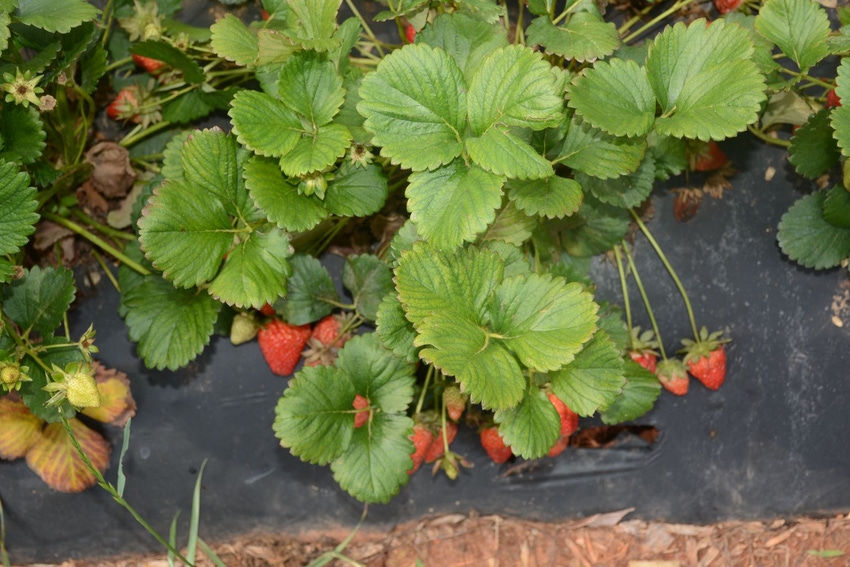
Farmers are always on the lookout for new tools that build yields and improve the bottom line. Among the latest tools generating quite the buzz are biological pesticides and fertilizers.
These new products, simply referred to as “biologicals,” have the backing of all of the major ag chem companies as useful for both organic and conventional growers. Land grant universities and researchers are committed to biologicals and EPA likes them too. A report by Credence Research notes that the global biopesticide market had a value of $3.47 billion in 2016 and is expected to reach $12.23 billion by 2025.
Biologicals are certainly here to stay with many expecting their growth to outpace conventional chemical crop protection products in the years to come. Biologicals are seen as safer for the environment and necessary for promoting sustainable agriculture.
Biologicals certainly have a place in both conventional and organic farming, but it is important to remember that they will never fully replace chemical crop protection products. Both chemical and biological products are needed for farmers to battle pests and improve yields.
At a sustainability symposium sponsored by the Biological Products Industry Association in Orlando in October, speakers emphasized the importance of not overpromising the benefits of biologicals. Bottom line: the products need to work, be affordable and deliver returns that will help farmers make money.
Roger Tripathi, CEO and co-founder of Global BioAg Linkages in Alpine, Utah, stressed that the benefit claims of biologicals have to be proven through science and research. The quality of the products must be assured and there must be evidence that they work. “It’s about trust,” Tripathi said at the Orlando symposium. “What we have to avoid is the selfish profiteering because that’s where we will kill the product.”
If companies don’t deliver on the promises, that’s when they will have problems, Tripathi cautioned. Taking care of the farmer’s bottom line from seed to post-harvest is vital, he said. Farmers will certainly turn to biological products if they work and are affordable.
It is important to remember that biologicals are just one more tool. They won’t replace chemical crop protection products, but add to them. That’s important because farmers need every tool possible to build yields and improve the bottom line.
About the Author(s)
You May Also Like






